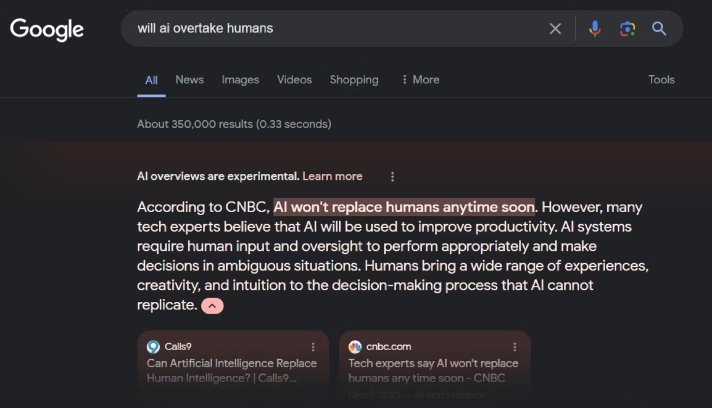
Google introduced generative AI to its search engine in May last year, initially as an experimental feature only to Chrome users who opted in. This innovative feature aimed to simplify the search process by providing ChatGPT-like overviews of search results, enabling users to glean key data quickly.
Recently, Search Engine Land reported that Google’s Search Generative Experience (SGE) has become the default search process for many users in the US. Displayed as a shady section atop search results in Chrome, SGE presents straightforward summaries and reference links for additional exploration.
While hitherto available only to Chrome users who opted in, SGE is now the default for many, eradicating the need for Google account logins. This shift may be a response to speculation about OpenAI developing its search tool, potentially challenging Google’s dominance.
OpenAI’s ChatGPT, boasting a significant user base, poses a credible threat to Google’s search engine supremacy. Nevertheless, Google remains the default choice for most users worldwide, offering a formidable barrier to competitors like OpenAI. The rivalry highlights the necessity of ongoing innovation in the tech sector.
Both Google and OpenAI are anticipated to invest heavily in improving their search technologies to maintain a competitive edge. As generative AI persists in advancing information retrieval capabilities, users can foreknow further improvements in search functionality, driven by the relentless pursuit of innovation in the digital age’s rapidly evolving landscape.
Also, see:
Google’s AI tool under massive criticism for biased textual and image responses